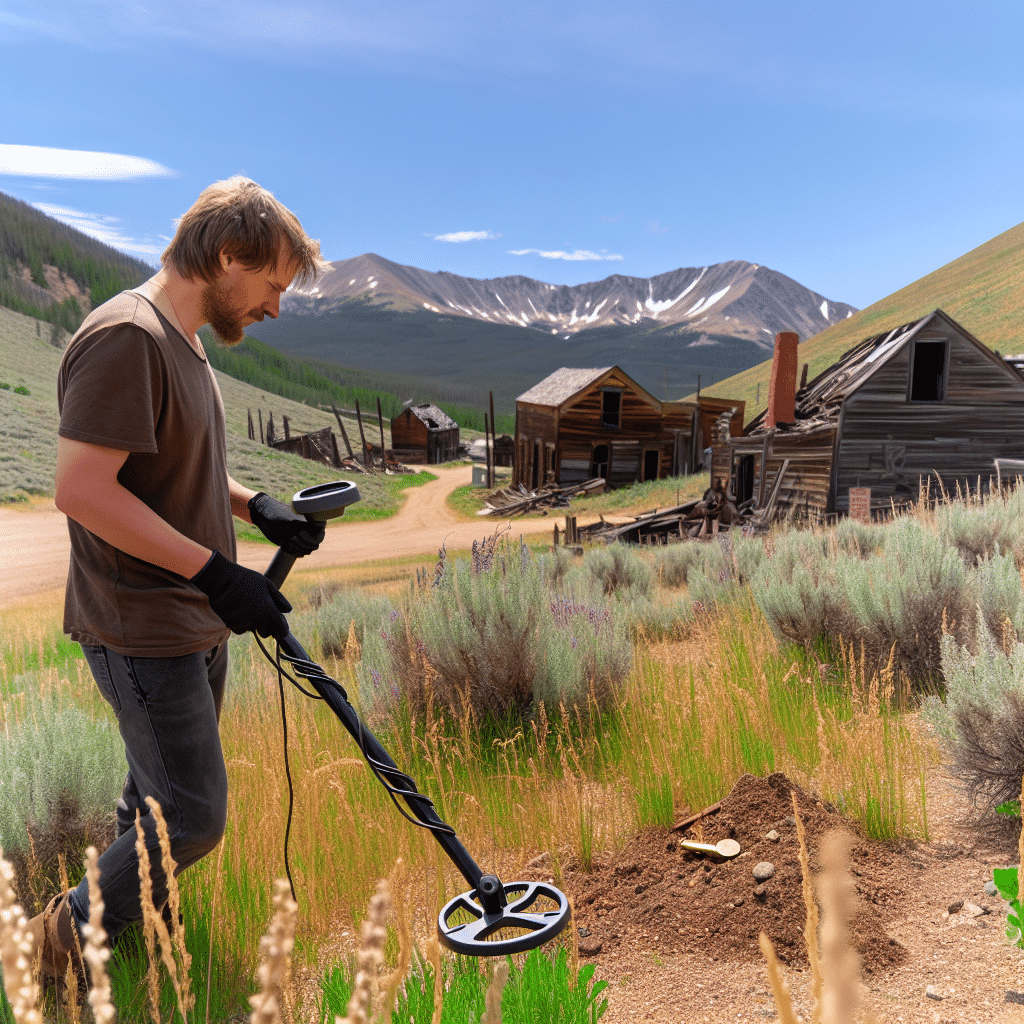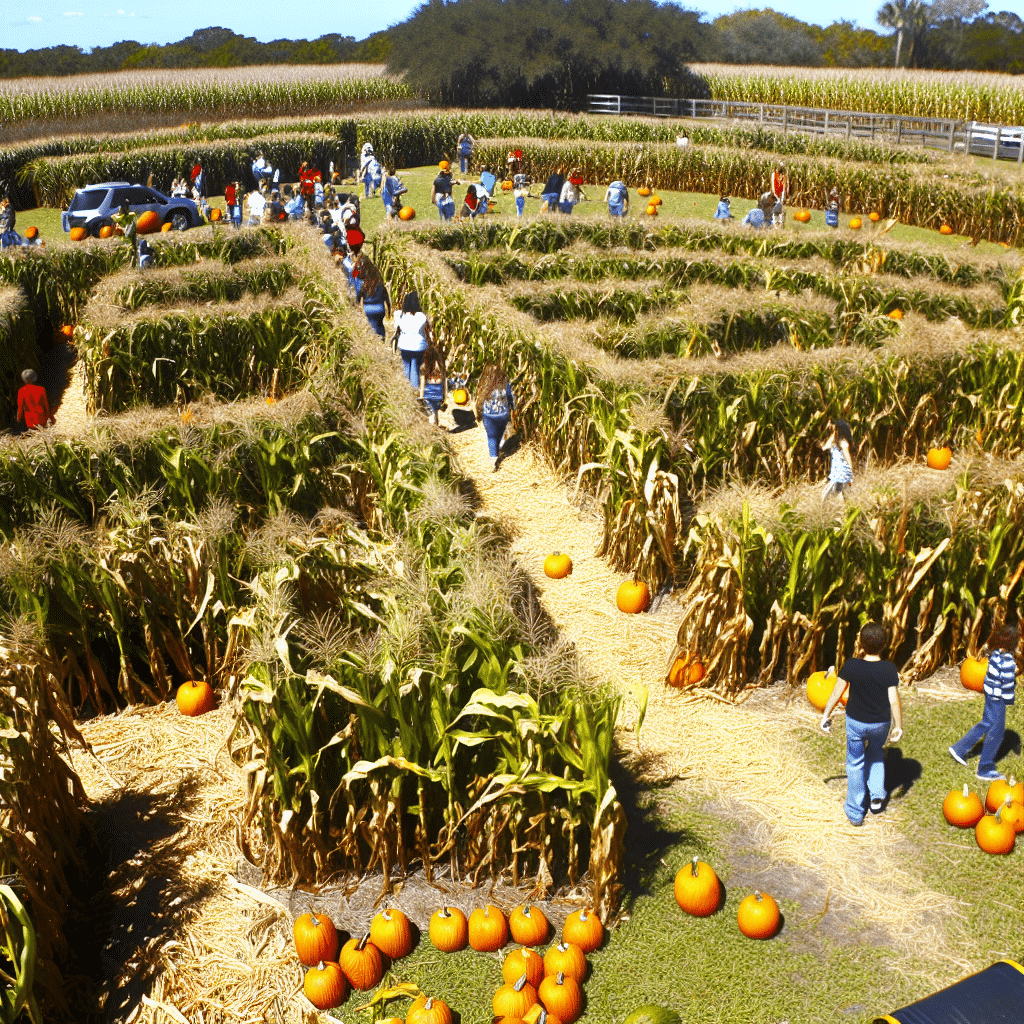Colorado, with its rich history and diverse landscapes, offers a treasure trove of opportunities for metal detecting enthusiasts. From the remnants of the Gold Rush to abandoned mining towns, every beep of the detector could lead you to a piece of history or even a hidden treasure. This article delves into the exciting world of metal detecting in Colorado, offering insights on where to go, what to look for, and how to make the most of your adventure.
Why Metal Detecting in Colorado?
Colorado’s varied terrain and historical significance make it a prime location for metal detecting. Whether you’re an experienced detectorist or a beginner, the state’s mountainous regions, parks, and ghost towns present countless spots to uncover unique finds.
Historical Significance
During the mid-1800s, Colorado was a hotspot for gold and silver mining. The Gold Rush brought thousands of prospectors to the area, and many settlements sprung up around mining sites. Although many of these towns are now abandoned, they hold a wealth of artifacts waiting to be discovered. Coins, relics, and mining tools from this era can often be found by keen detectorists.
Diverse Landscapes
From the Rocky Mountains to the Great Plains, Colorado’s diverse landscapes mean a variety of detecting environments. Whether you’re trekking through dense forests or exploring open fields, each area offers its unique finds. High-altitude regions might yield different treasures compared to the lowland areas, adding to the excitement of the hunt.
Top Spots for Metal Detecting in Colorado
Ghost Towns
Exploring Colorado’s ghost towns is like stepping back in time. Places like St. Elmo and Ashcroft are well-preserved and accessible, providing a glimpse into the past. These locations are perfect for finding old coins, tools, and other relics from the mining era. Always ensure you have the proper permissions before detecting in these areas, as some may be on private property.
Public Parks
Colorado boasts numerous public parks where metal detecting is allowed. Denver’s City Park and Washington Park are popular choices for urban detectorists. In these areas, you might find modern coins, jewelry, and other lost items. Remember to check local regulations, as some parks may have specific rules regarding metal detecting.
Beaches and Reservoirs
With numerous lakes and reservoirs, beach detecting can also be quite fruitful in Colorado. Cherry Creek Reservoir and Boyd Lake State Park are excellent spots to search for jewelry, coins, and other items left behind by visitors. Water levels fluctuate, especially in the summer, revealing new ground to explore.
Preparing for Your Metal Detecting Adventure
Choosing the Right Equipment
Selecting the right metal detector is crucial for a successful hunt. Factors to consider include the type of terrain you’ll be searching and the kind of treasures you hope to find. High-frequency detectors are better for finding small objects like coins and jewelry, while low-frequency detectors are more effective for locating larger items buried deeper underground.
Research and Permissions
Before heading out, research your chosen location thoroughly. Understanding the history of the area can guide your search and increase your chances of making significant finds. Additionally, ensure you have the appropriate permissions to detect on the land, particularly if it’s privately owned or protected.
Essential Gear
Besides your metal detector, carry a small shovel or digging tool, gloves, and a finds pouch. A pinpointer, a handheld device used to locate targets in a small area, can also be very helpful. Dress appropriately for the weather and terrain, and always carry water and snacks, especially if you plan on detecting in remote areas.
Following Metal Detecting Etiquette
Respect for both the land and others is paramount in the metal detecting community. Fill any holes you dig, dispose of trash properly, and adhere to any local regulations. Engaging with fellow detectorists and sharing your finds can also be a rewarding aspect of the hobby.
Leave No Trace
The “Leave No Trace” principle is essential. Always ensure you leave the area as you found it. This not only preserves the site for future detectorists but also maintains a positive image of the hobby.
Report Significant Finds
If you discover items of historical or archaeological significance, report them to local authorities or historical societies. This helps preserve Colorado’s rich history and contributes to the broader understanding of the state’s past.
Conclusion
Metal detecting in Colorado is more than just a hobby; it’s a journey through time, offering a unique way to connect with the state’s rich history and diverse landscapes. From ghost towns to bustling public parks, there’s always something waiting to be discovered. Equip yourself properly, respect the land, and who knows—you might just unearth a piece of Colorado’s storied past. So, grab your detector and start your adventure; treasures await!




